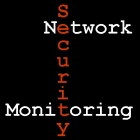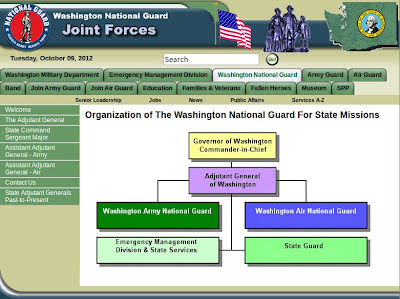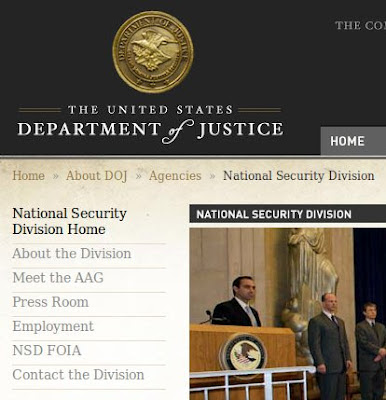Best Book Bejtlich Read in 2012

It's time to name the winner of the Best Book Bejtlich Read award for 2012 ! I started seriously reading and reviewing digital security books in 2000. This is the 7th time I've formally announced a winner; see my bestbook label for previous winners. I posted yesterday that 2012 was the year I changed what I read . For example, in 2011 I read and reviewed 22 technical books. In 2012, which a change in my interests, I only read and reviewed one technical book. Thankfully, it was a five star book, which means it is my BBBR 2012 winner! As you might have figured out yesterday, this year's winner is SSH Mastery by Michael W Lucas . Feel free to read my Amazon.com review for details. Note that I bought a Kindle version from Amazon.com, and later MWL mailed me a print copy. Besides the excellent style and content, one of the reasons I read the book was to experience MWL's first release of a self-published technical book. I think it was a successful endeavor, although I...























